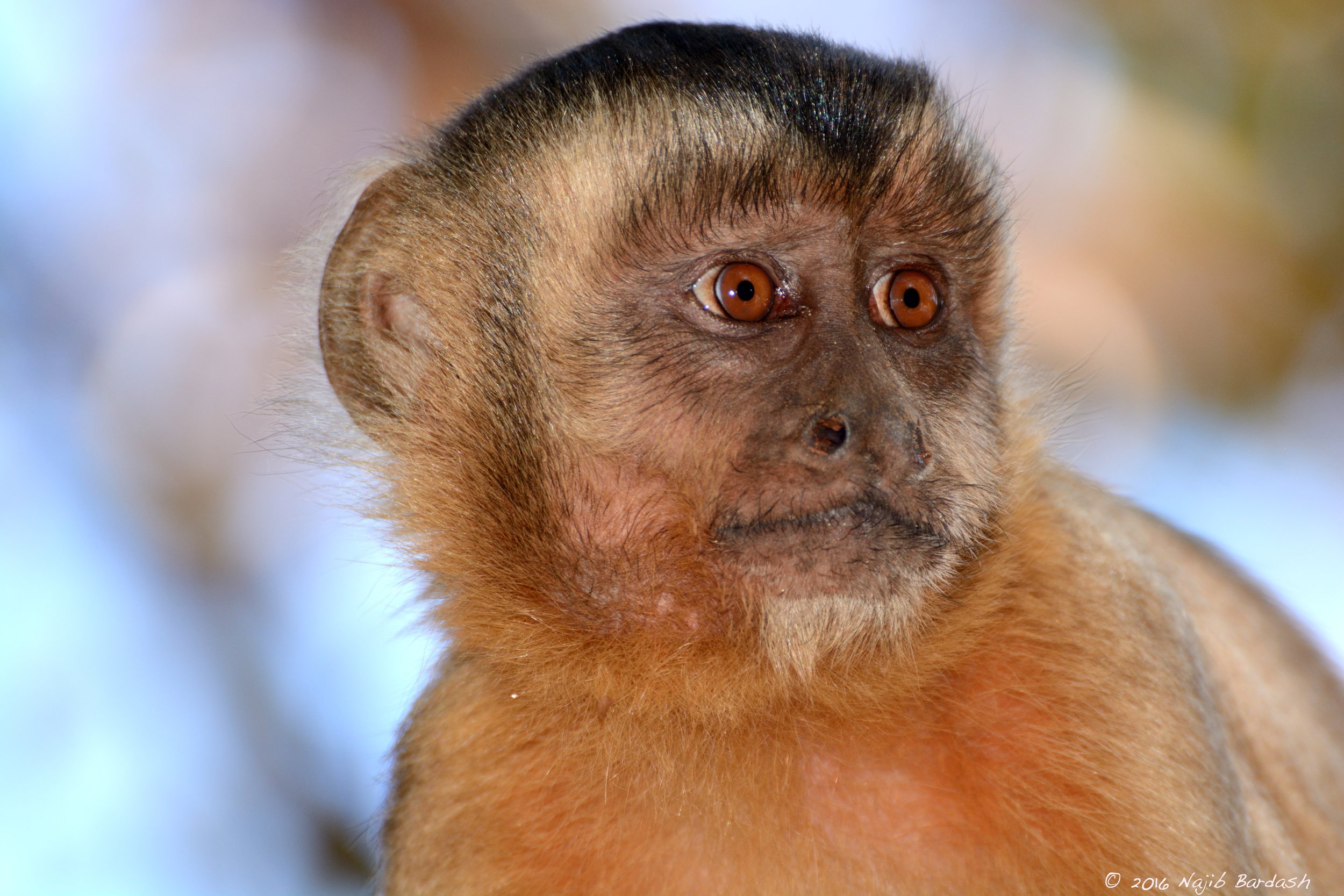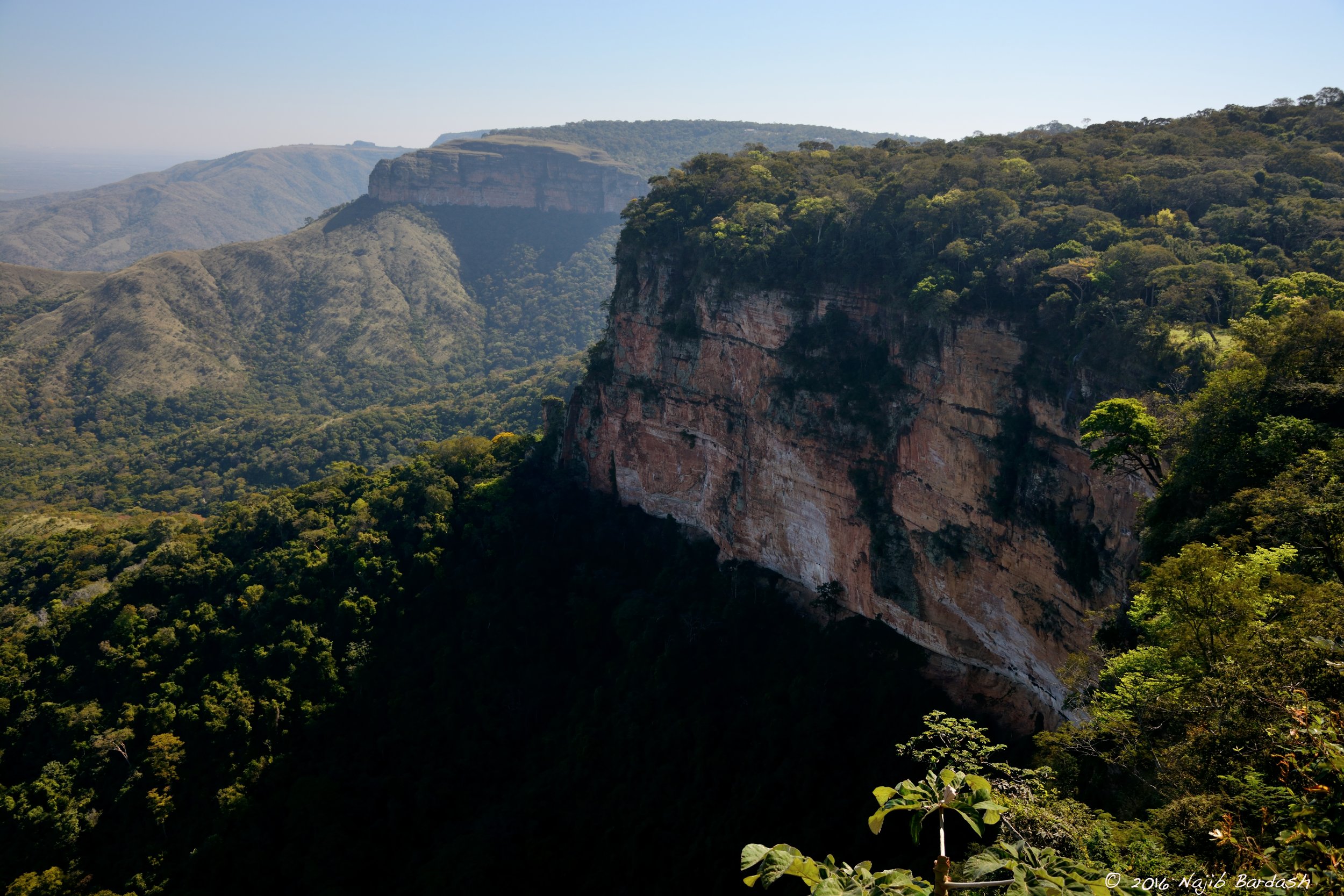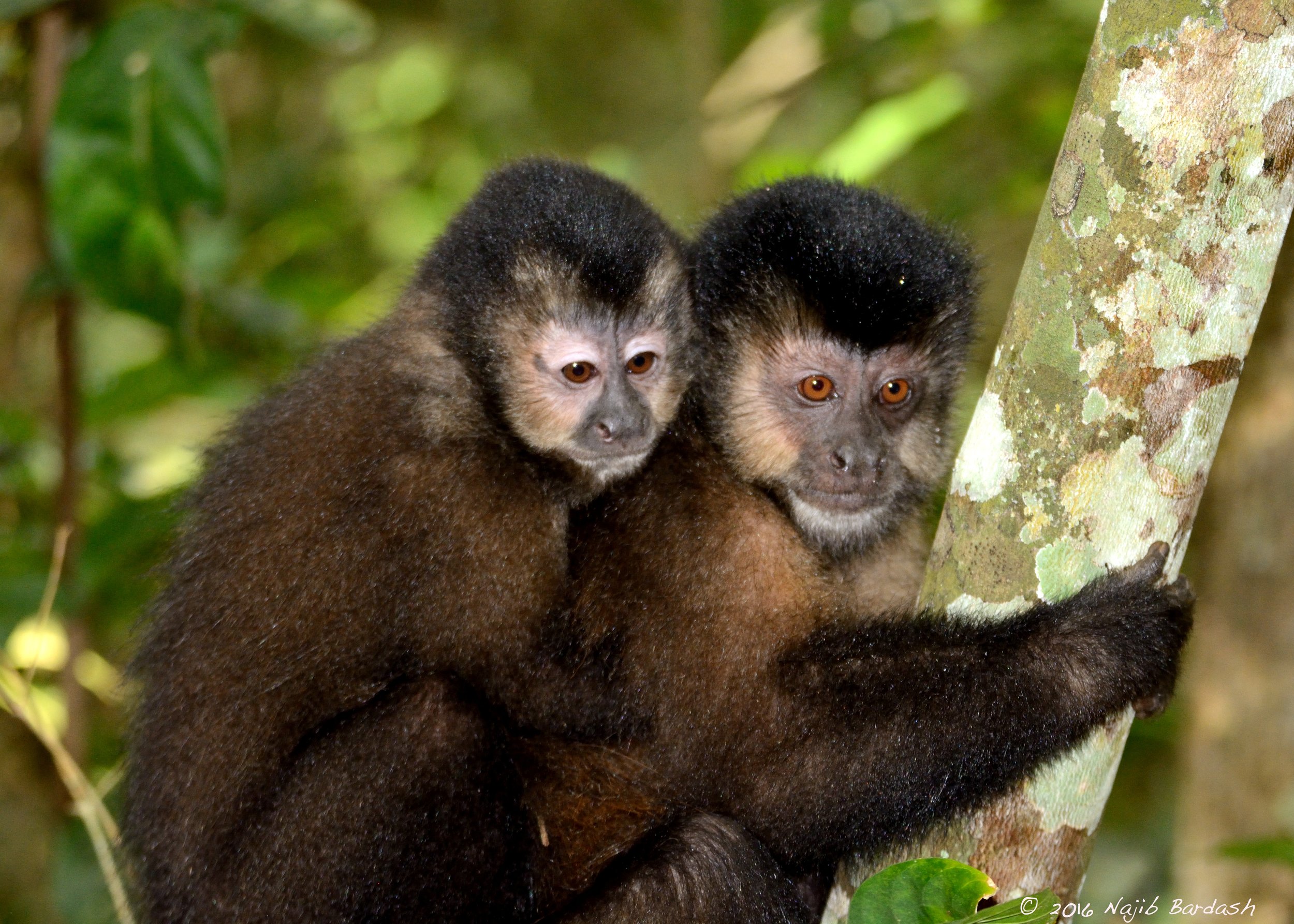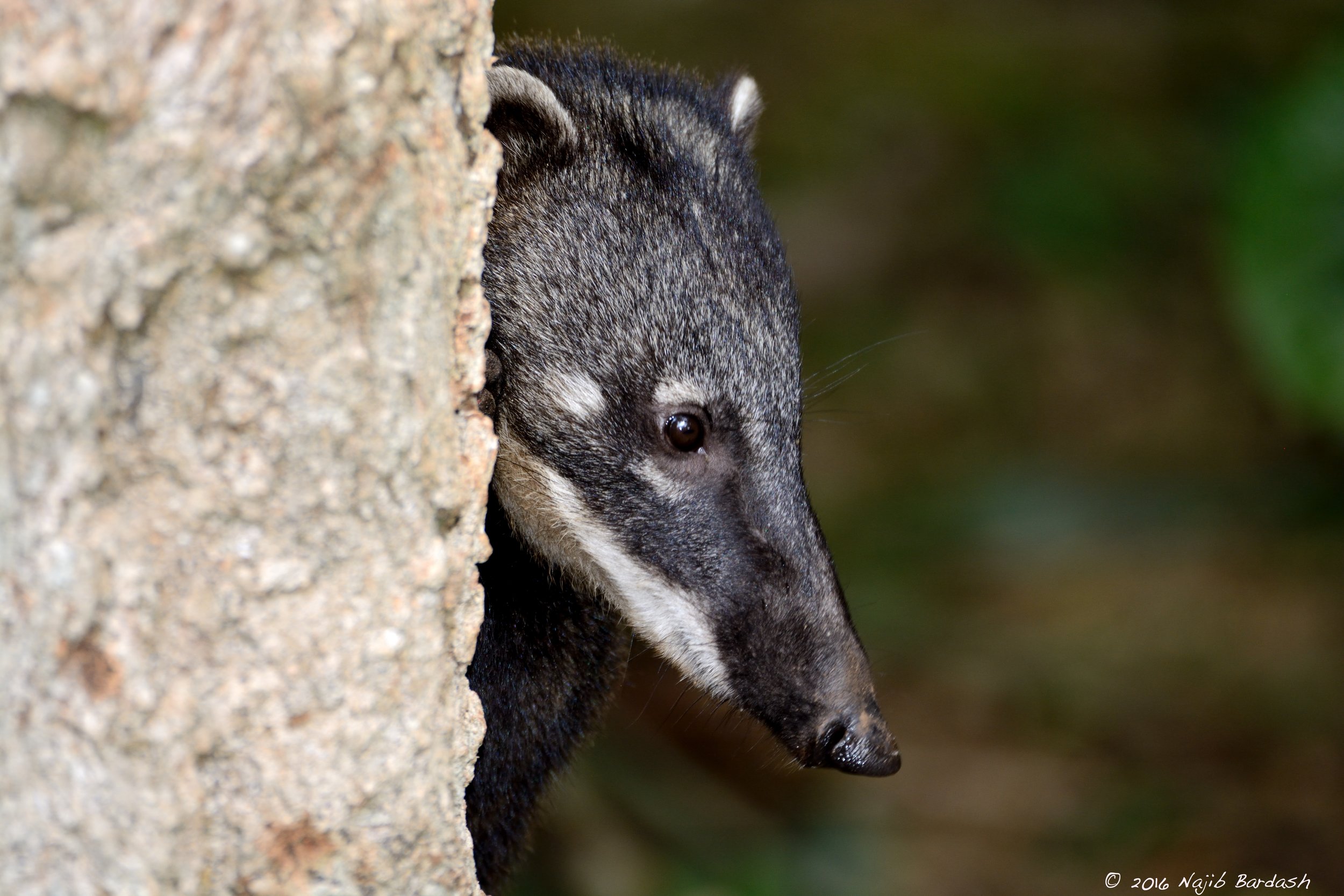My epic trip into the wilderness of Brazil
I can't be the only person who as a kid dreamed of going to the Amazon. The sense of exploration I was looking for got very intense as soon as I arrived. Although other travelers had already treaded on the various trails and places I was visiting, the forest itself (on the surface) seemed virgin and wild. In reality however, things are not what they appear to be. Since 1970 almost 20 % of it has been cleared, mostly due to animal farming. This is particularly alarming because "the lungs of the earth" represent over half of the planet's rainforests, which also makes it the most biodiverse hotspot in the world. These depressing facts made me want to speed up my plans of traveling there, in order to document what us humans are about to destroy for ever. And what an impression it made on me! Apart from the horrible experience of being bombarded by seemingly absolutely every single insect in the jungle, the Amazon leaves you with a humbling feeling of awe and amazement. I'll never forget when I was getting ready to sleep outside in the forest at night, and laser-green colored fire flies hovered down towards our camp - nature's own candle lights! The perpetual chirping, buzzing and screeching makes it truly difficult to fall asleep. That and the thought of having a huge tarantula or something even worse fix its gaze upon you...
When it comes to spotting wildlife in Brazil however, Pantanal is the only show in town. An area of wetlands in the states of Mato Grosso and Mato Grosso do Sul where the water level drops during the winter months exposing a real life Jurassic Park. Anywhere you turn there are at least 15 animals minding their business. This is also the best place to spot the elusive jaguar, the third largest cat after tigers and lions! Be sure to bring extra batteries and memory cards for your camera. Pantanal shares a sad commonality with the Amazon - nature destruction. To begin with, the state of Mato Grosso was once half-covered with rainforest which hade to give way for cattle ranchers. It is therefor very weird in deed to view dozens of farms along the Transpantaneira road deep within the protected area. The only place I visited in Brazil that in both theory and practice had nature conservation as its main objective was around the Iguazu Falls. The largest waterfall system of the earth each year attracts throngs of tourists but the organization of it is next to flawless. Iguazu is in my opinion a must for any traveler heading out to South America, no matter how many waterfalls you have seen!
























I understand that the need for environmental protection competes with other legitimate interests, such as resource extraction and food production. However, animal farming is inefficient, disproportionately destructive and not even necessary. Our modern modern culture has us consuming meat on a scale unprecedented throughout history and the consequences are staggering. As a vegan I have never been as compelled to take a stand as when I ordered food in Brazil, even though it sometimes was challenging. I'm not saying that you have to go vegan today, but my hope is that I might plant a seed containing the destruction and the risks at stake every time you sit down to eat. Not mentioning the various health benefits you might gain from switching over to a more plant-based diet, you will also make the biggest possible contribution to the environment and help save countless animal lives lost each year. Think about it. Watch the documentary "Cowspiracy" for more food for thought.
